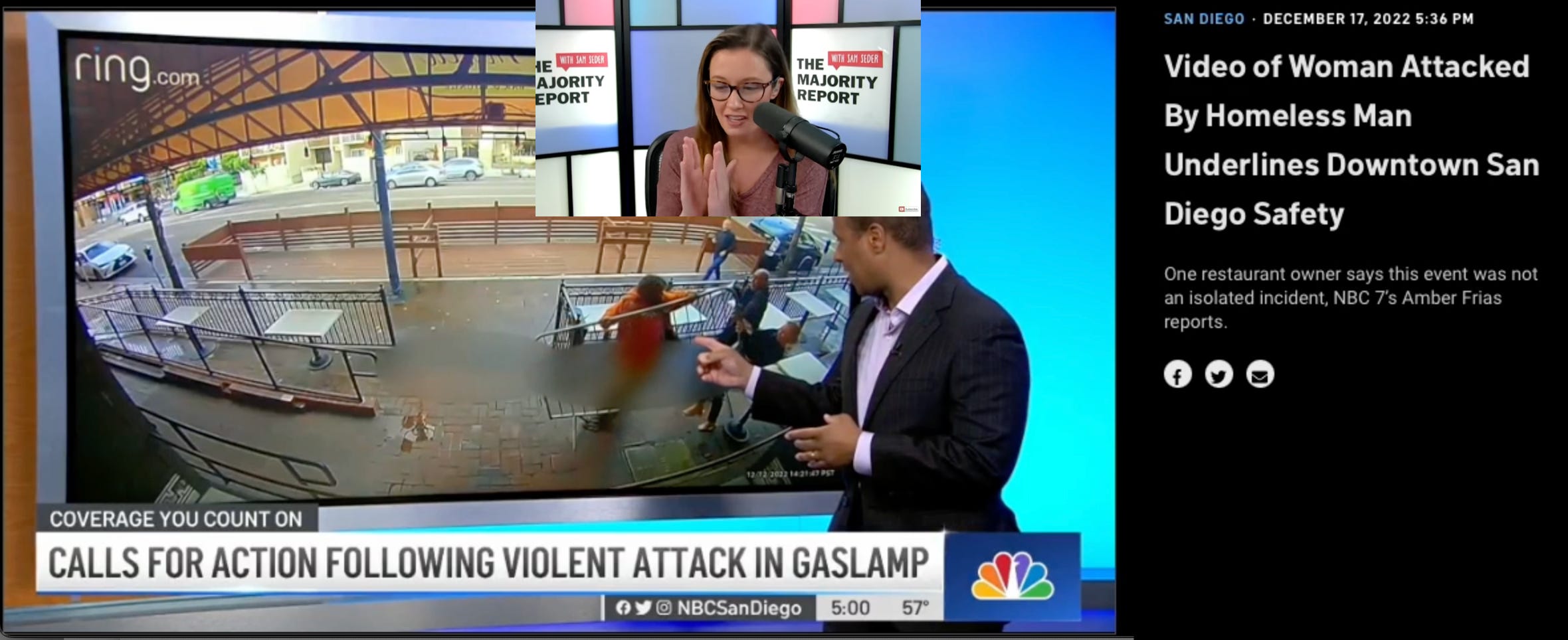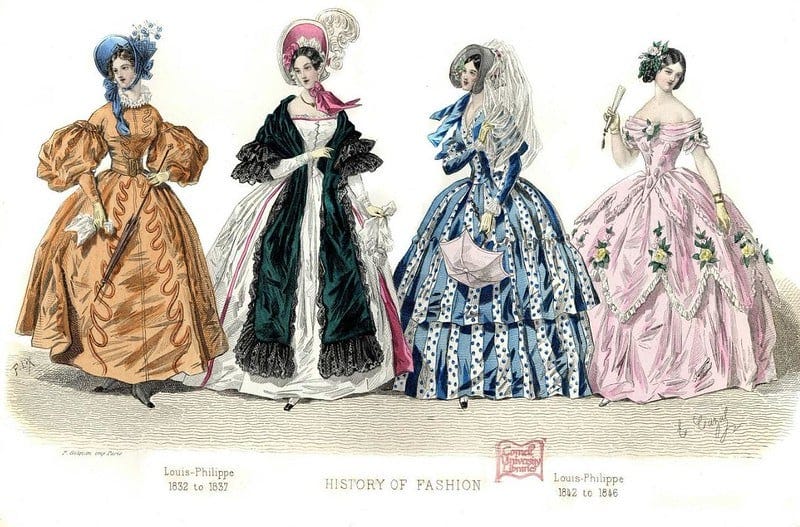Indifference to Threats as Status Symbol
Urban progressives and ostentatious recklessness.
Before playing Emma Vigeland’s embarrassing remarks, it should be well-noted that the local political response to Neely’s death has been outright crass and… sensible. Both Mayor Adams and Governor Hochul, yesterday, emphasized reducing the presence of the mentally unwell on public transit, and continuing to increase police presence, clearly prioritizing their local silent majorities (and tourists) over the protesting elite progressive fringe who would prefer to send society to hell to prove their worth in heaven (in fact, this is what so upsets the podcasters in this clip). Had I seen these briefings at the time, my post yesterday would have been more open to the possibility that we are at a 1990-ish inflection toward slowly defusing racial tensions and reducing urban crime.
Aside from virus and vaccine policies, I haven’t followed recent New York politics; perhaps these sensible statements shouldn’t be surprising. Either way they are a welcome alternative from using the Neely incident to demand unspecified acts of sacrifice from the government and society (including working Black New Yorkers) on behalf of racial justice. Along with the dearth of national media coverage, it seems this incident will rapidly fade from attention.
In a segment lamenting Adams’ and Hochul’s no-nonsense, politically apt replies, however, Young Turks pundit Emma Vigeland preens about having walked the walk on voiding her own regard for safety in the presence of aggressive, violent sketchiness:
What a gaze into human saintliness. Never mind that society cannot run on saintliness; someone has to empty the trash bins in the recording studio. Perhaps that person should be allowed to offer an opinion on whether “[their] fear [when being struck by a mentally ill man on public transit] is not the primary object of what we should be focusing on.” (If they give the wrong answer, Vigeland can simply inform them of the facts as she so clearly sees them. Let them eat vagrant elbow.)
There is an obvious rationale at work here, but I want to be careful to couch it in ambiguous terms. The progressive urban mind is not simply one thing or the other, but many different things. One of these is blindness — when facts confront them that demand conclusions which are ideologically unsound, e.g. “I am unsafe around this person,” — these facts are often, I would say, filtered out from conscious awareness; memory-holed in real-time.
Another, related to filtering, is cognitive dissonance; if unfortunate urban observations cannot be obscured from consciousness entirely, they must simply be admitted while the belief contradicted by those observations is nonetheless maintained. This is dissonance, and urban progressives, I think, have a high tolerance.
But a third animating force of the urban progressive mind is ostentatious personal recklessness. Vigeland’s attitude toward being elbowed in the head by a vagrant is a status symbol (one she quite evidently frets over losing if the city is returned to a semblance of order by better policing). Like all status symbols it depends on being inaccessible to the working class. As the whole point of aristocratic European fashion was merely to demonstrate that you could spend hours a day getting dressed, the whole point of Vigeland’s ostentatious comfort with violence from strangers is to demonstrate that she can afford to virtue signal.
How ironic, if not sadistically mocking, that she claims that rider concern for safety is what is “bourgeois.”
And so, like, the politics of dehumanization™ privileges the, the bourgeois kind of concern of people’s immediate discomfort in this narrow, narrow instance.
Again, note that cognitive dissonance is still one of the demons riding Vigeland’s shoulders here. Ostentatious disregard for personal safety cannot override her own observations and instincts; it requires shifting definitions — from “fear” in the previous sentence to “discomfort” — and siloing — acute confrontations with dangerous strangers are merely “narrow, narrow instances,”1 as if that does anything to preserve individuals from the consequences of being jumped, mugged, stabbed, etc.

(To be clear on my thoughts on this example; there is nothing particularly ostentatious about the lack of situational awareness on the part of the two individuals attacked; it exemplifies ideologically driven blindness.)
“Narrow, narrow instance” allows Vigeland to write off her fear as some sort of transient misunderstanding, rather than what it is — perception of a reality of danger.
What’s most important here is the distinction between armchair, naive notions of defund-the-police-ing based on a lack of experience with danger, and the urban progressive’s carefully curated embrace of such experiences. Vigeland isn’t merely dismissing working class or rural priorities on safety based on having never seen what society without policing is like (as could describe my perspective before California) — she knows it does not work for the working class. But, again, that is precisely what gives it value for the affluent, urban progressive. Not in my backyard, but yes next to my expensive outdoor dining experience.
If you derived value from this post, please drop a few coins in your fact-barista’s tip jar.
But obviously not for the working class, who cannot merely “slum” the subway on the way to work but are exposed to disorder at work and in their own neighborhoods.






What a great essay. My only regret is that Darwin doesn't step in more often to assist these fools in their learning. Cognitive dissonance is comfy until the stinky nut slides a shiv in your kidney.
There would be no issue if he had been killed by another Black. But let's be real, Blacks aren't going around doing vigilante interventions to protect White subway riders. The end goal of the movement is to remove Whites from public space, it's just a subset of the larger genocide program.